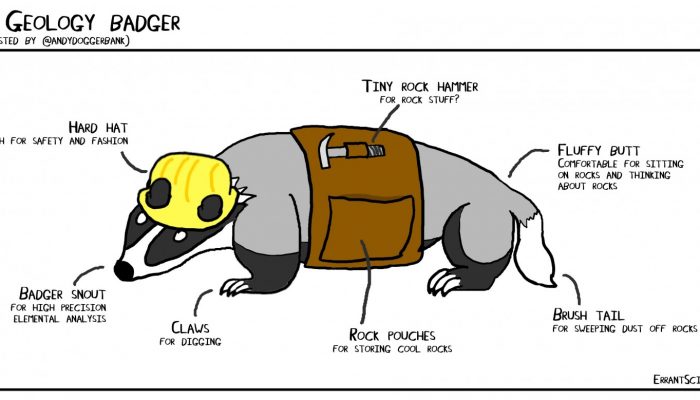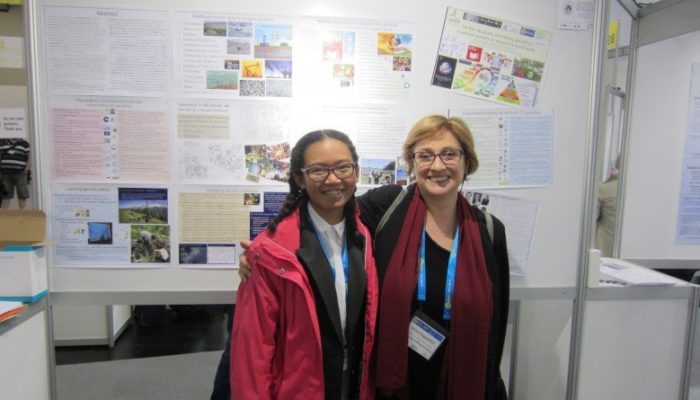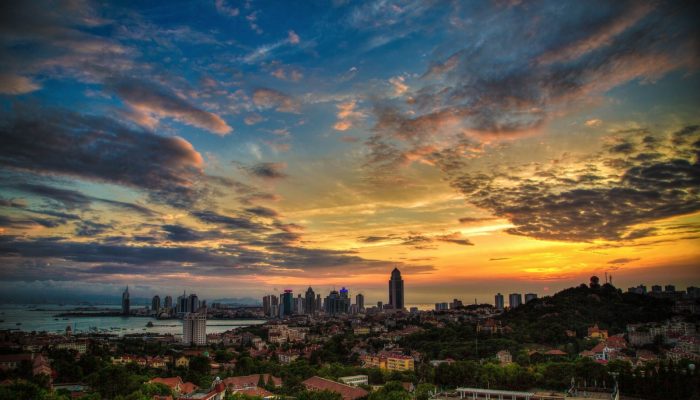Most researchers are regular conference-goers. Tell a geoscientist you are attending the EGU General Assembly and they will most likely picture rooms full of people listening to a miriad of talks, many an hour chatting to colleagues old and new and you desperately trying to find your way around the maze that is the Austria Centre Vienna (where the conference is held). Describing your experiences t ...[Read More]
Cartooning science at EGU 2017 with Matthew Partridge (a.k.a Errant Science)




